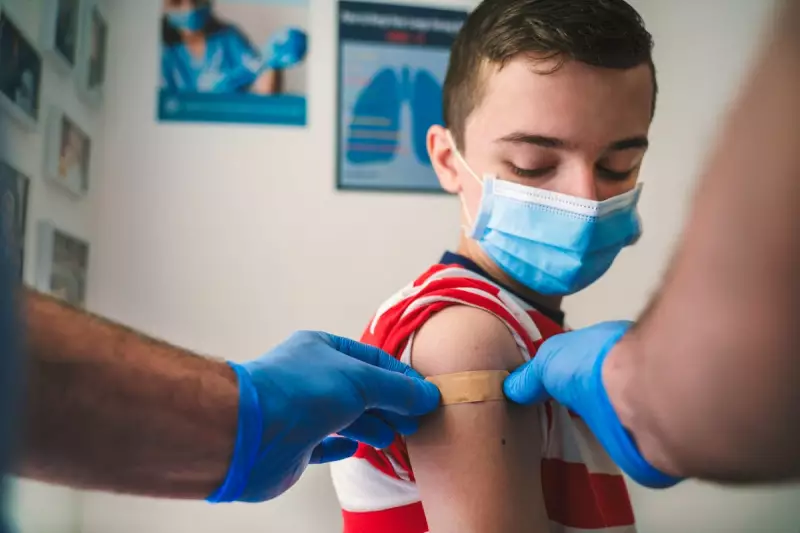
A comprehensive new study examining COVID-19 vaccine side effects in children and young people has delivered crucial findings that could reshape how parents approach vaccination decisions. The research, conducted across multiple UK healthcare institutions, provides the most detailed picture yet of how younger populations respond to coronavirus vaccines.
What the research reveals about young immune systems
The investigation focused on tracking and analysing adverse reactions in participants under 18, with particular attention to common concerns raised by parents and healthcare professionals alike. Researchers meticulously documented everything from mild, short-lived responses to more significant reactions requiring medical attention.
Common reactions versus rare complications
According to the findings, the majority of children experienced predictable, temporary side effects similar to those seen in adult populations. These typically included soreness at the injection site, mild fever, fatigue and headache - all standard indicators of the immune system mounting its defence against the virus.
However, the study's real value lies in its identification of less common reactions and the context it provides for understanding their frequency and severity. The data offers healthcare providers evidence-based guidance for discussing vaccine risks and benefits with concerned families.
Why this research matters for UK families
With vaccination programmes continuing to evolve and new variants emerging, this research comes at a critical juncture. The detailed analysis helps separate factual information from misinformation that has circulated regarding paediatric COVID vaccination.
Professor Sarah Wilkinson, one of the study's lead researchers, emphasised: "Understanding the true spectrum of side effects allows parents to make informed decisions based on scientific evidence rather than fear or anecdotal reports."
Balancing risks and benefits
The research team stressed the importance of considering vaccine side effects within the broader context of COVID-19 risks to children. While the virus typically causes milder illness in younger populations, serious complications including MIS-C (Multisystem Inflammatory Syndrome in Children) and long COVID remain genuine concerns.
Their analysis suggests that for most children, the benefits of vaccination significantly outweigh the risks of potential side effects, particularly those that are severe or long-lasting.
What parents need to know about monitoring
The study provides clear guidance for parents on what to expect after vaccination and when to seek medical attention. Most side effects appear within the first 48 hours and resolve completely within a few days without intervention.
Healthcare professionals recommend:
- Monitoring children closely for the first week after vaccination
- Using age-appropriate pain relief if needed for discomfort or fever
- Ensuring adequate hydration and rest
- Contacting your GP if symptoms persist beyond expected timeframes
This landmark research represents a significant step forward in understanding how COVID- vaccines affect younger populations, providing both medical professionals and parents with the reliable information needed to navigate ongoing vaccination decisions.





